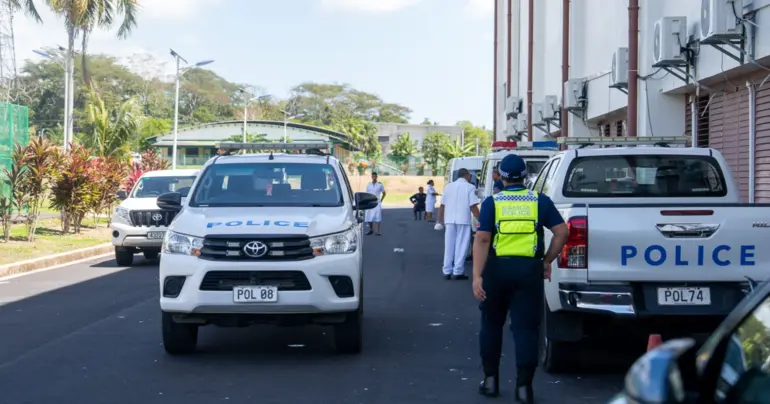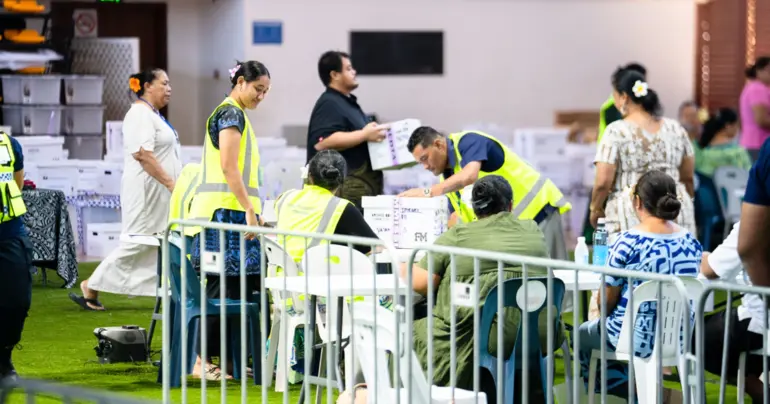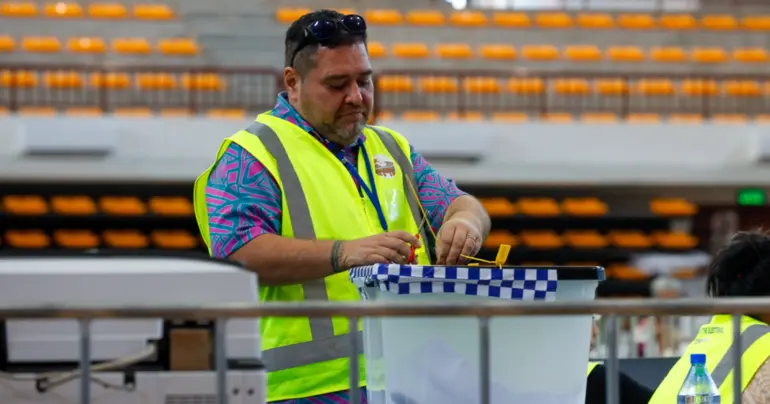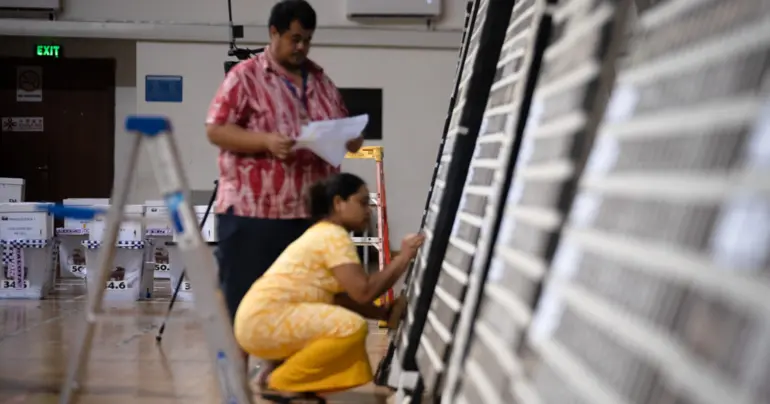Manono is a fine example of commitment
Situated in the Apolima Strait between the main islands of Savai'i and Upolu, the island of Manono lies 3.4 kilometres west-northwest off Lefatu Cape, the westernmost point of Upolu. By population, just like by area, it’s Samoa’s third largest island.
There are four villages on the island with a total population of almost 900. It is somewhat isolated but it takes only a boat ride less than 20 minutes to reach the island. It is wonderful to see how the bylaws against alcohol and drugs have kept the villages on the island safe from incidents of violence including domestic disturbances.
The mayor of Faleu sub-village in Manono, Leaitutulia Faiva Pename has confirmed that Faleu and most of Manono Island had zero incidents during the festive season.
In an interview with this newspaper, Leaitutulia said the youths' attitude and behaviour have changed this festive season and praised their bylaws stressing that no one was banished from the village this festive season which is mostly the case.
"After most festive seasons, which is normally known as a period of celebrations and drinking, normally it would result in the youths causing trouble here and there when they get drunk and they end up getting fined due to our village rules," he said.
"Faleu and Manono island have been strict and straightforward in their bylaws to discipline the youths of upcoming generations and that's one of the things we're working on to ensure the safety and a better tomorrow for everyone on this island."
The enforcement of the bylaws to ensure a safer Manono for all families that live there shows the political will of the elders and chiefs on Manono. This is an example of how they used that political will to come up with the bylaws and then followed it through by ensuring everyone followed it.
A mighty example for politicians who occupy seats in Parliament on political will. That is what is lacking in most cases when a project is not followed through and is abandoned because the political will to make it work is not there.
That is why we have children from certain villages out on the streets vending and unable to finish their education because there is no political will to put these children in school and make education affordable.
For years, the shortage in the teaching and medical profession was known to those politically responsible for the well-being of the nation but a lack of political will has seen this problem persist, and are now faced with a huge problem as children get ready to go back to school, some of them without teachers.
While the term political will has a broad context, the use of it here is to define the lack of action and commitment to solving problems facing society or a policy reform that would make things advantageous to all.
The example of Manono is perfect. The leaders on the island, either chiefs or elders, recognised a problem. The problem where excessive consumption of alcohol leads to incidents of violence and this then leads to the banishment of people and families. The solution here was not banishment but alcohol and putting a stop to the consumption of it and ensuring that everyone followed the rules showed the commitment by the leaders of the island not to banish families.
Similarly, under the district development grant, how many districts are committed to ensuring that all their children are in school and how many have committed money from the grant to pay for school fees so every child in the village has access to education? This is about commitment and then following through with that commitment.
2024 has just started. It is not too late for political leaders to look at the real social and economic issues affecting their people. In the new year, leaders need to show more commitment to helping people, resolving conflicts, making policies that benefit all, and not just worrying about pleasing people so when the election comes around, there are enough votes.
Learn from Manono and commit to your promises, isn’t that what leaders took an oath to do in parliament?











